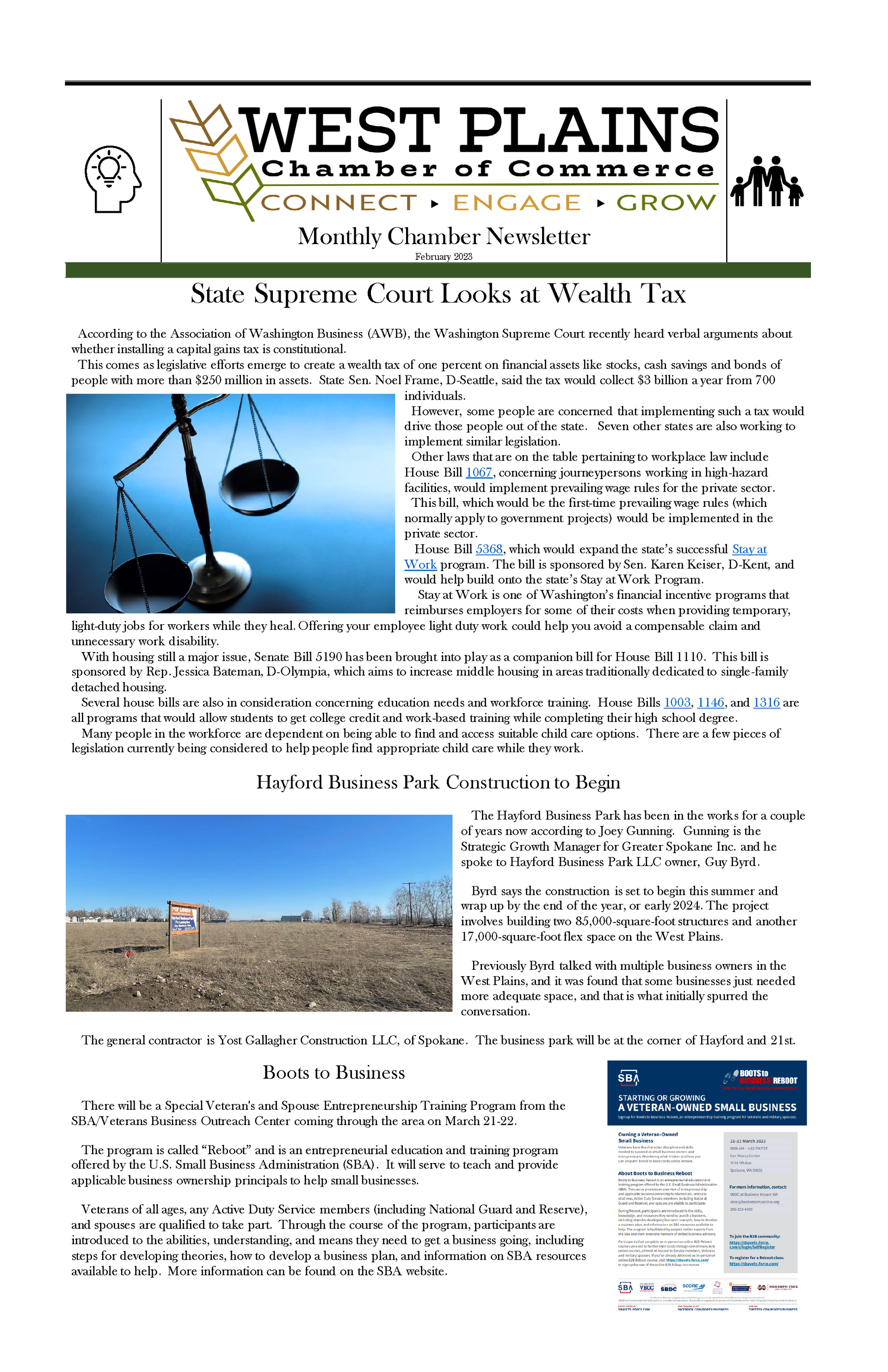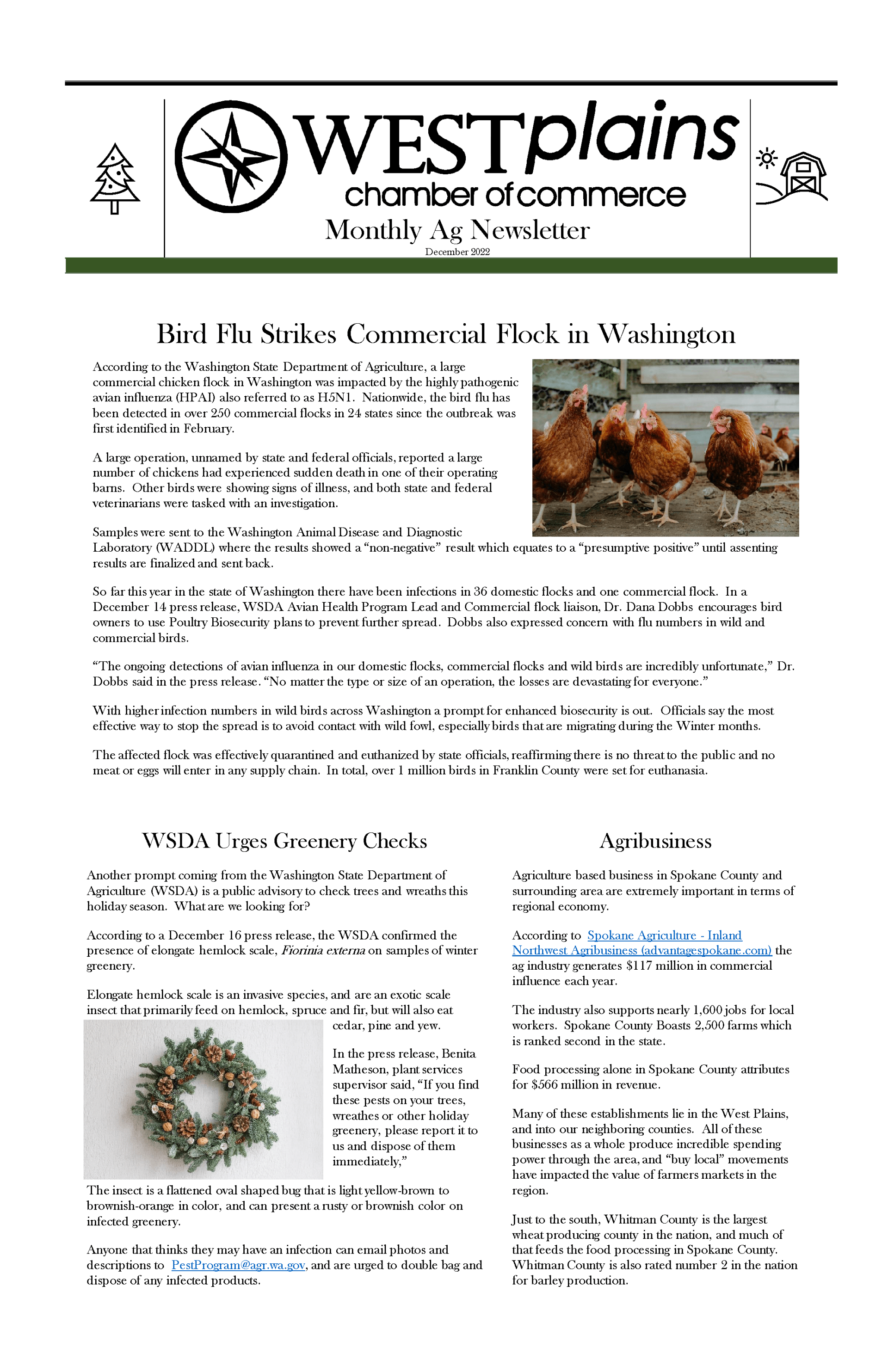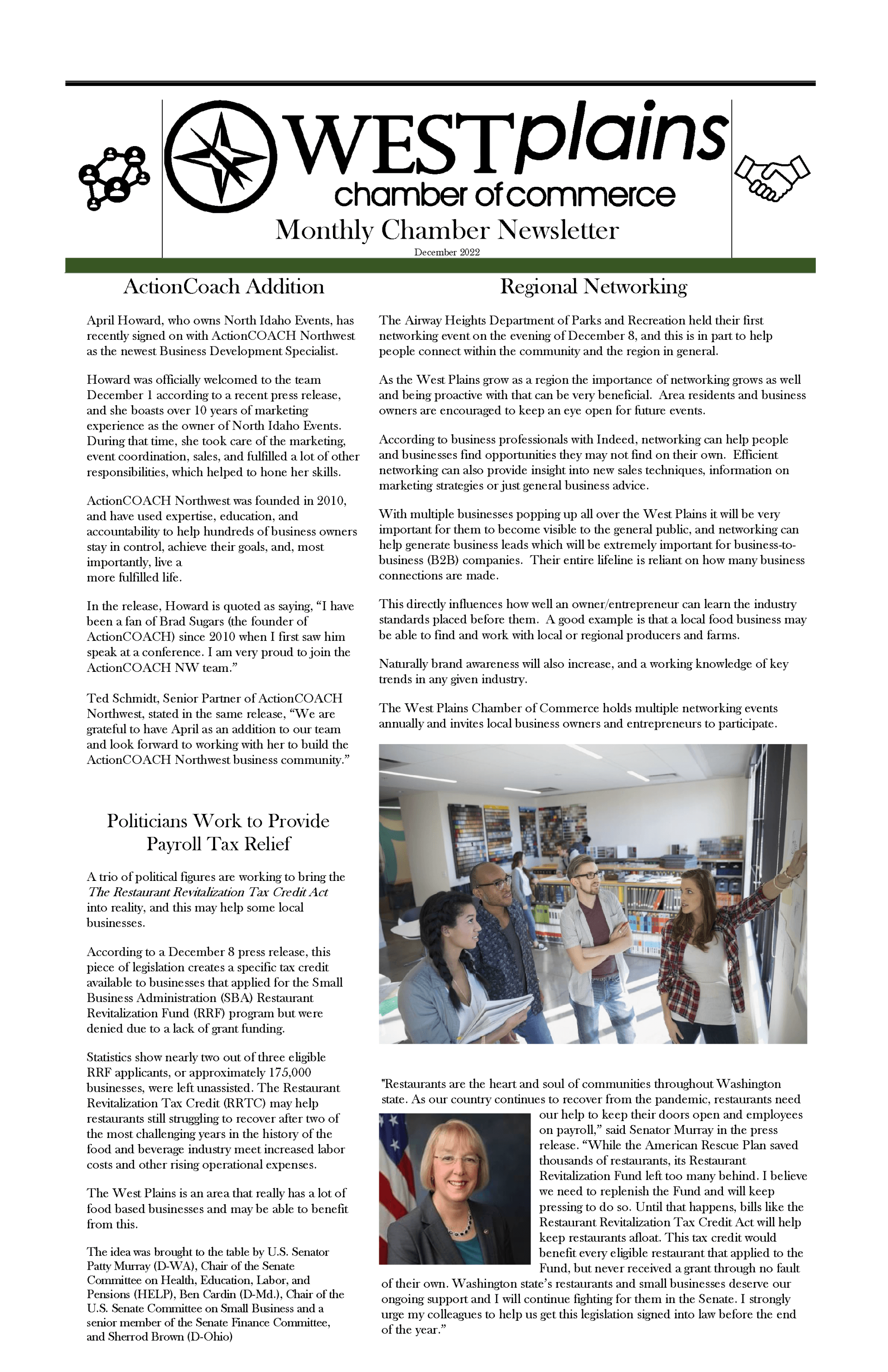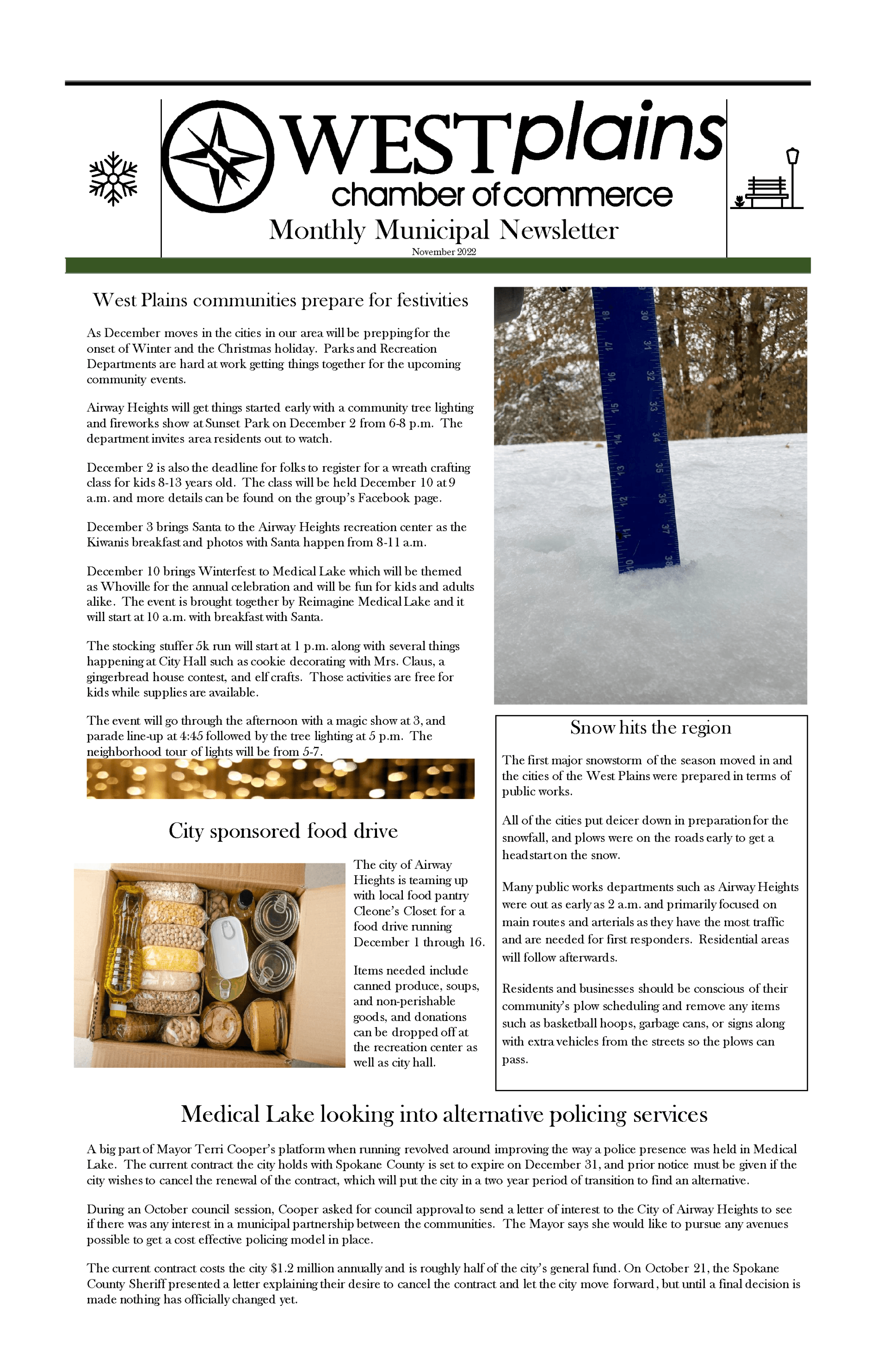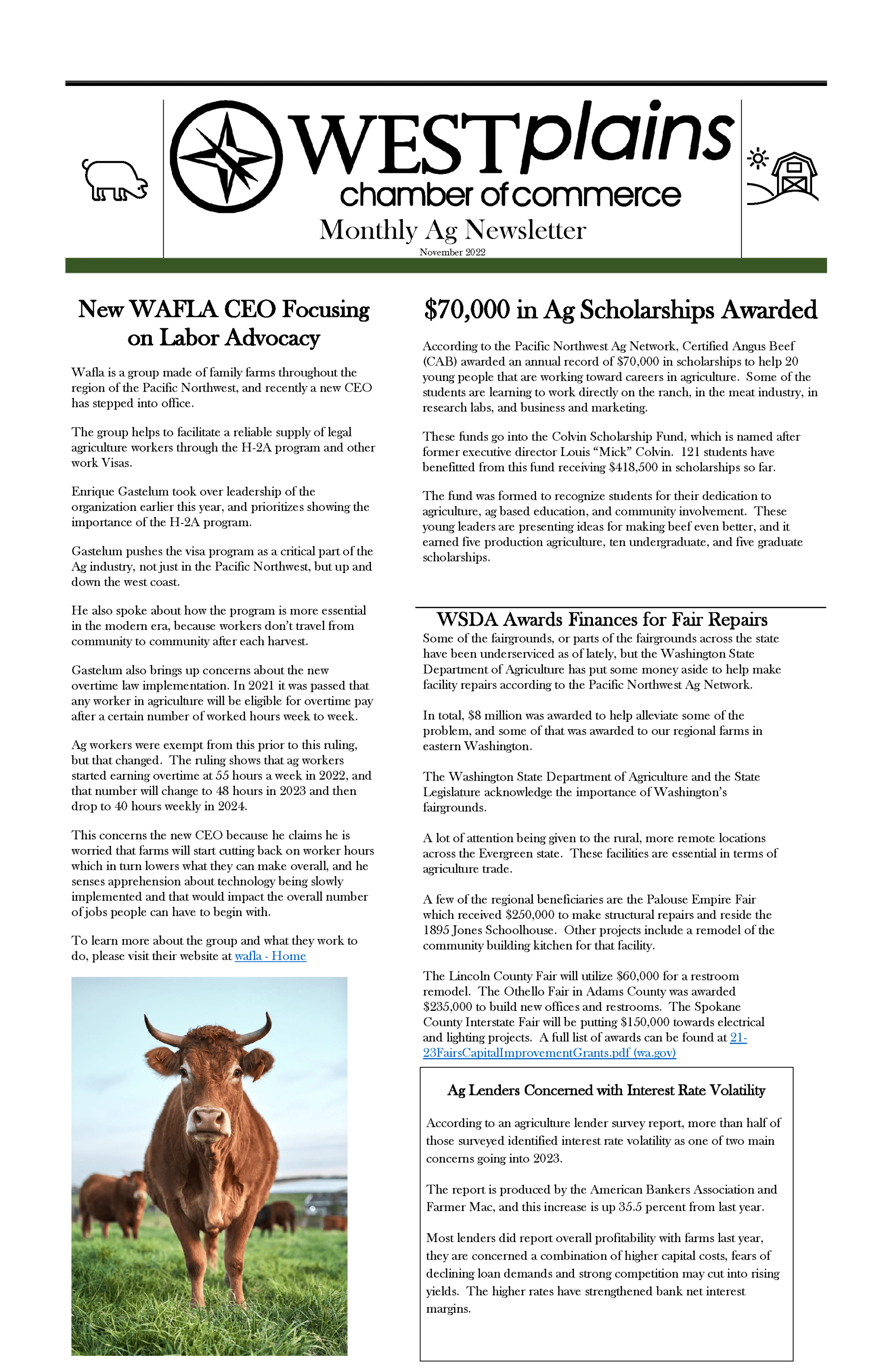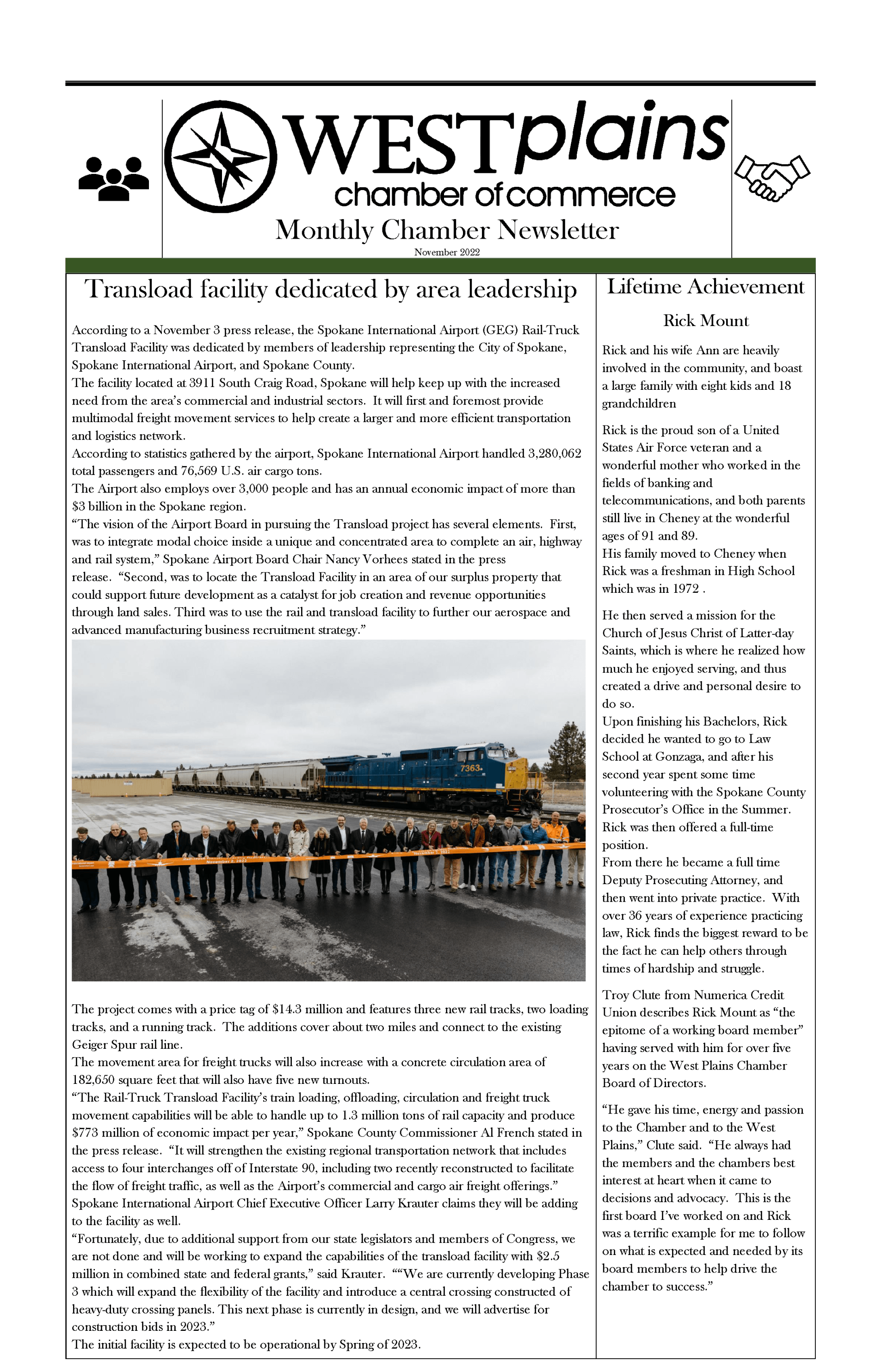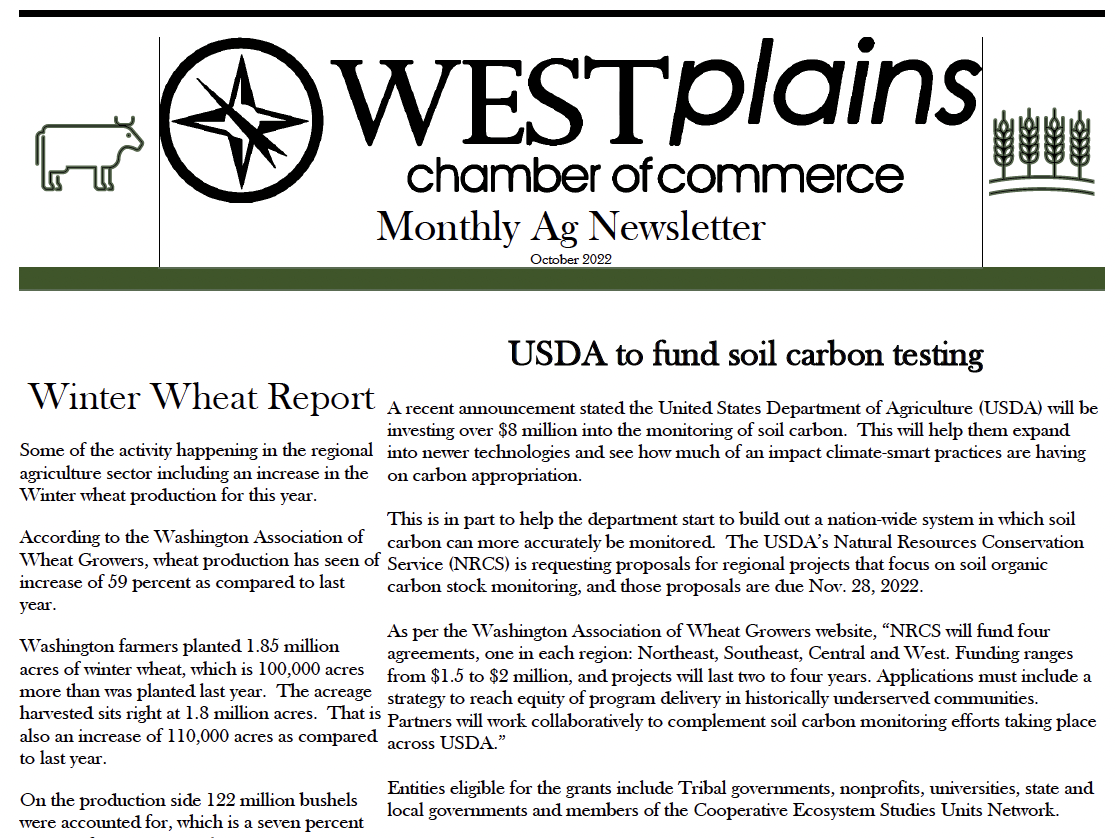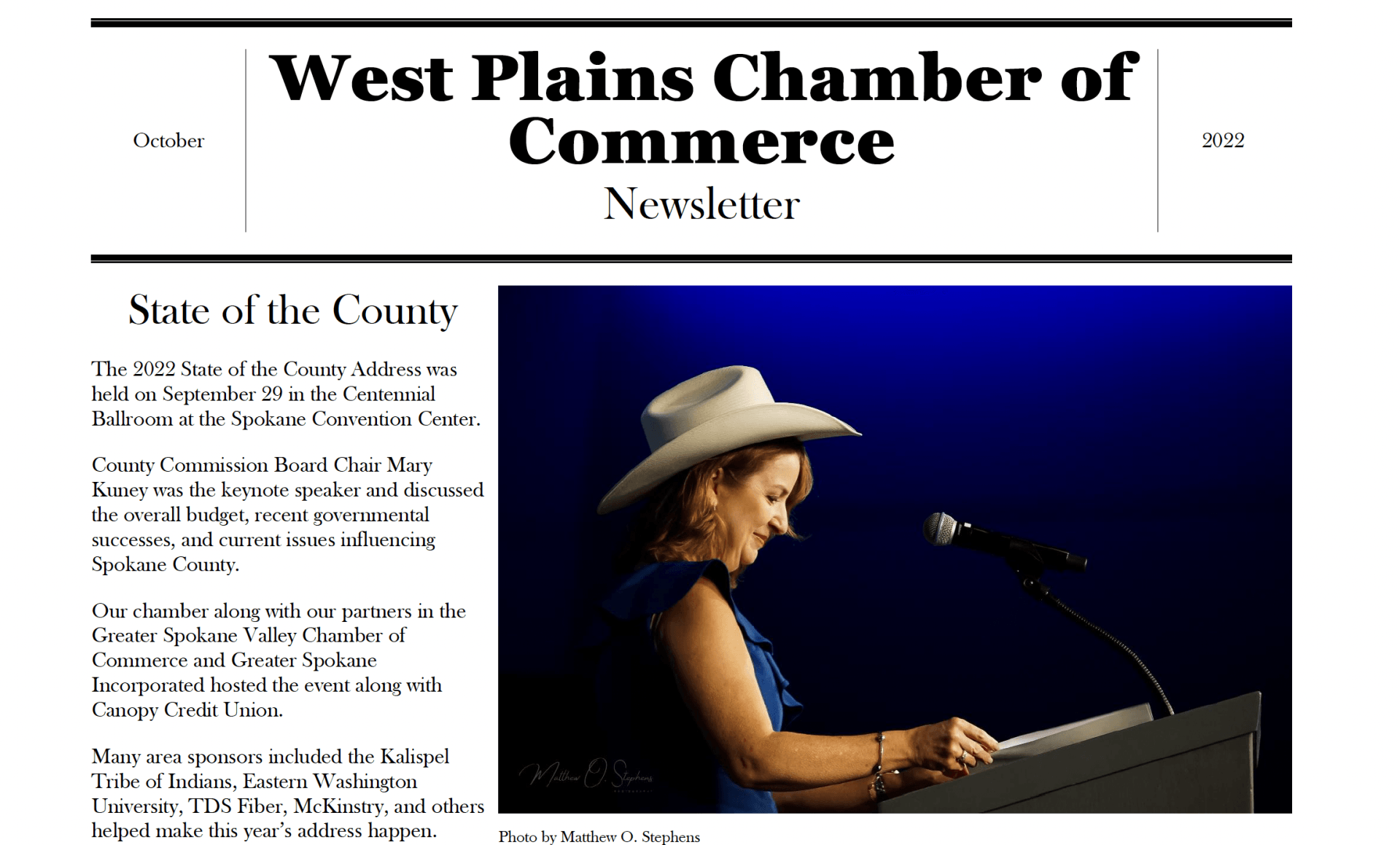Cap-and-trade allowances could sell for twice the original estimate at upcoming auctions
Article from Capital Press
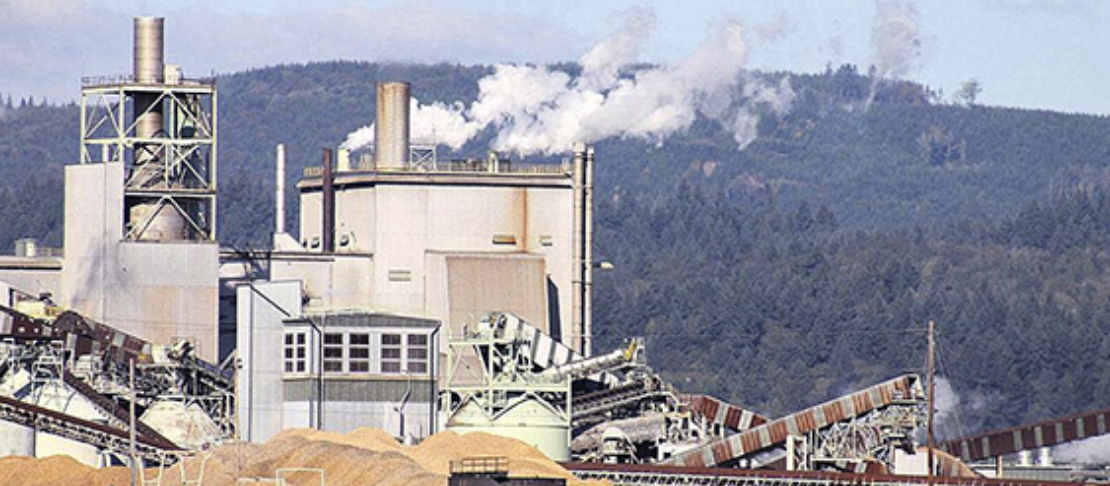
A Washington Department of Ecology consultant projects that cap-and-trade auctions next year will be more costly for fuel suppliers and manufacturers than originally expected.
Vivid Economics predicts that allowances will go for at least $41 each, nearly double the $22.78 state agencies estimated in 2021.
An allowance will grant the right to emit 1 ton of carbon dioxide. High auction prices will increase business costs while raising more money for state-funded climate-reduction programs.
Allowances could average $58 or $68 in 2023 under two other scenarios analyzed by Vivid. The firm did not project cap-and-trade’s impact on gasoline and diesel prices.
The state in 2021 estimated auctions would raise $441 million in government revenue the first year. The figure has not yet been updated based on Vivid’s forecast, Ecology spokesman Andrew Wineke said Tuesday.
NERA Economic Consulting, hired by the Western States Petroleum Association, estimated Ecology’s proposed cap-and-trade rules will increase gas prices by 56 cents a gallon and diesel by 64 cents in 2024.
Ecology maintains that its proposal will increase pump prices by less than 1%.
Supply-and-demand and global events, such as COVID and Russia’s invasion of Ukraine, drive fuel prices, Wineke said. “Regulations play a very minor role in the price people pay at the pump,” he said.
Whatever the additional cost, fuel suppliers probably will pass them along to Washington motorists, Washington Research Council economist Kriss Sjoblom said Tuesday.
The world market sets fuel prices and suppliers aren’t limited to serving Washington, he said. The auctions also will be another reason for pump prices to fluctuate, he said.
“Because there is uncertainty about what allowance prices will be, it probably adds a bit to the volatility of gas prices,” Sjoblom said.
The Legislature in 2021 passed cap-and-trade, the centerpiece of Gov. Jay Inslee’s climate agenda. To carry out the law, Ecology has proposed 138 pages of regulations.
Auctions are at the heart of the rules. Beginning next year, large carbon-emitters will bid for allowances. The number of allowances auctioned off will decline each year.
Allowances are expected to become increasingly expensive as the state moves closer to its goal of cutting emissions by 45% by 2030 and 95% by 2050.
State agencies in 2021 projected the cost of alliances based on California’s experience, which has been holding cap-and-trade auctions since 2014. For many years, allowances were going for near the minimum price, though they have been rising recently, according to the U.S. Energy Information Administration.
Vivid warned allowance prices were uncertain. Many factors will influence prices, including how fast drivers convert to electric vehicles, reducing demand from fuel suppliers for allowances.
Merging Washington’s cap-and-trade auctions with those jointly held by California and Quebec also would hold down allowance prices, according to Vivid.
Presumably, a bigger pool of allowances will hold down bids. Ecology will start looking at linking up with California and Quebec once it’s finalized Washington’s cap-and-trade rules.
”Given the benefits linkage could have for our market, Ecology has accelerated our timeline and will begin exploring the benefits of linking in the fall,” Wineke said.
Food Northwest, a trade association of food processors, says cap-and-trade will increase the cost of making food in Washington.
If Ecology doesn’t hold down allowance costs, food makers may move to Idaho, the association said in comments sent to Ecology.
J.R. Simplot Company warned that rapid increases in gas prices will cause a consumer backlash and cause political pressure to revise cap-and-trade.
Faced with uncertainty, businesses will be reluctant to invest in long-term emissions reductions, the Boise-based company commented.
Simplot has two vegetable processing plants in Washington that will be covered by cap-and-trade. Like other energy-intensive manufacturers with foreign competitors, Simplot will be eligible for cost-free allowances that gradually decline over time.

